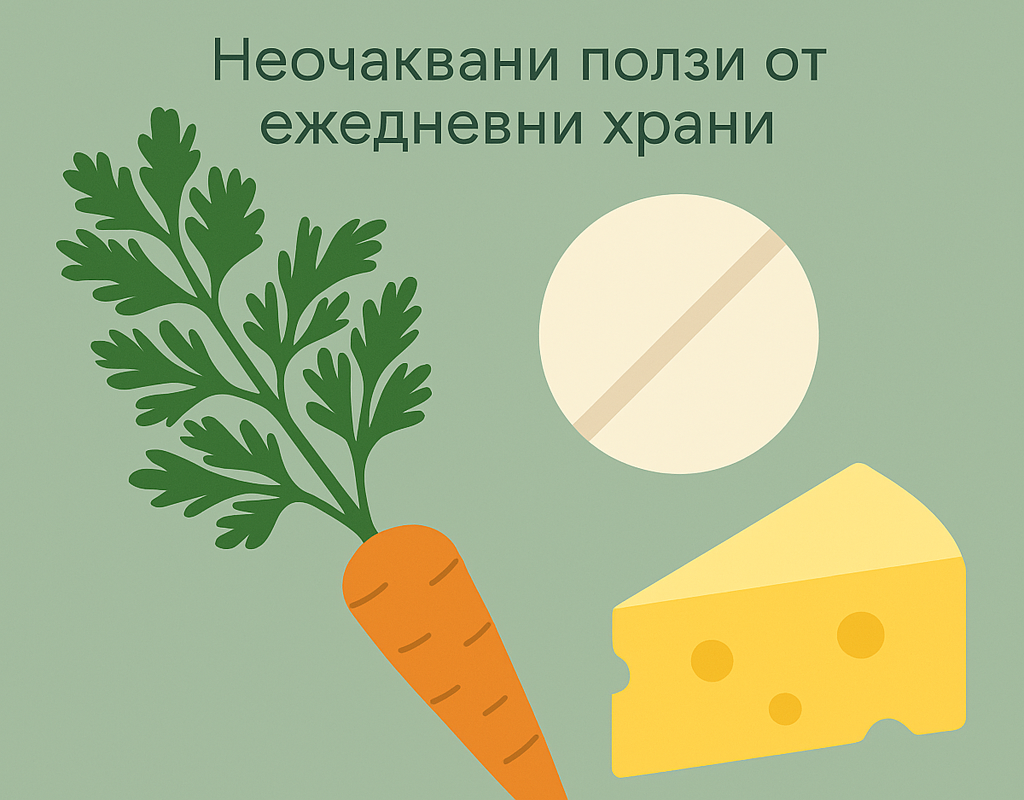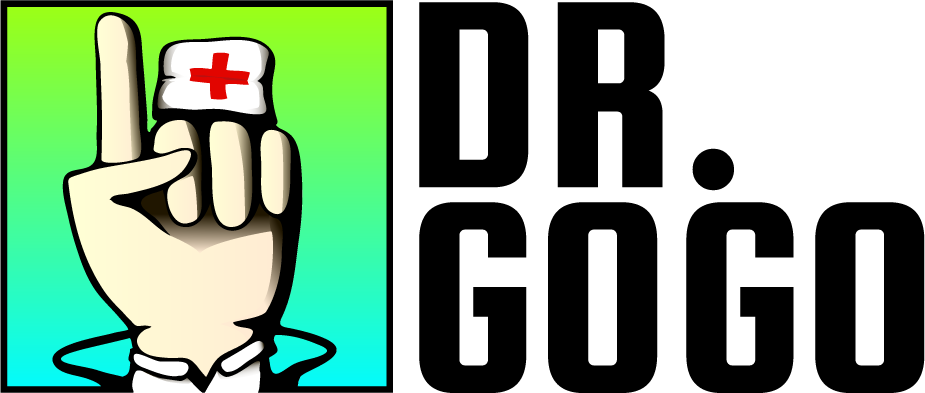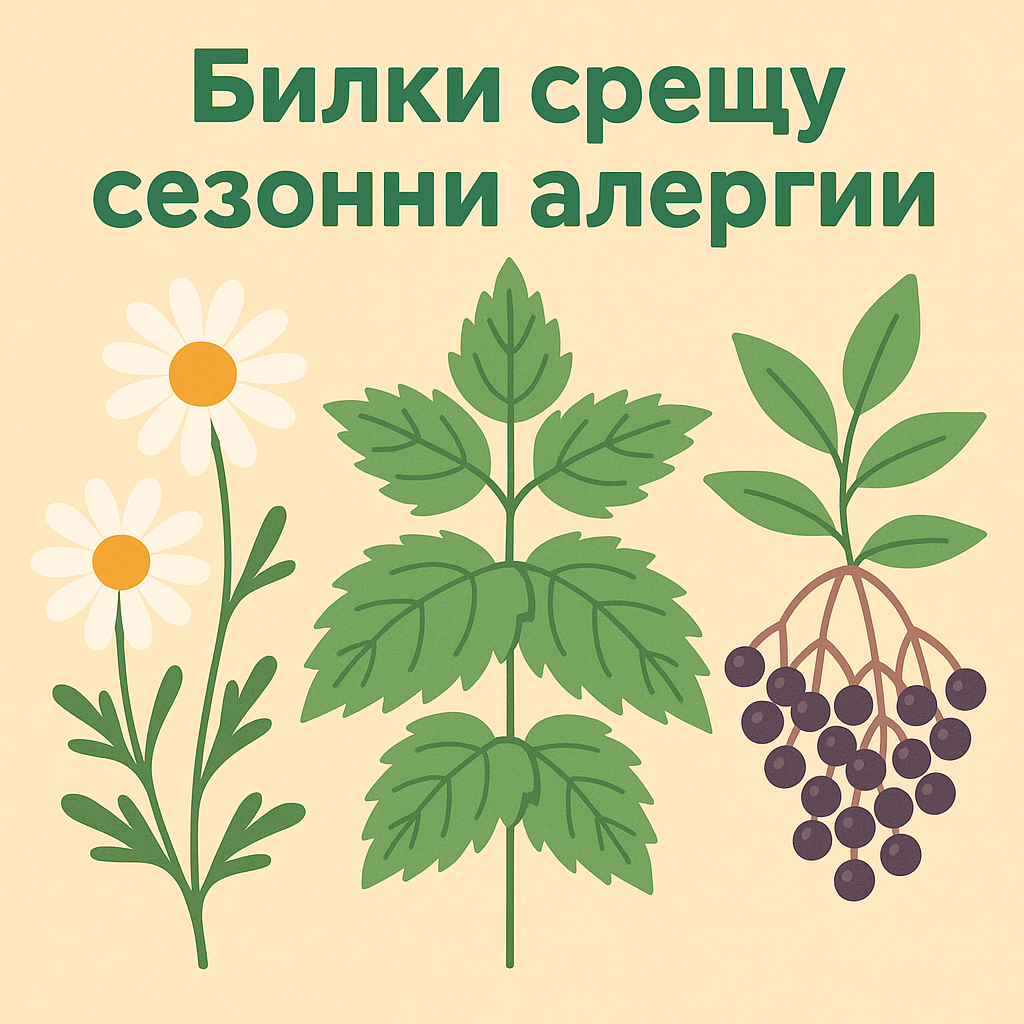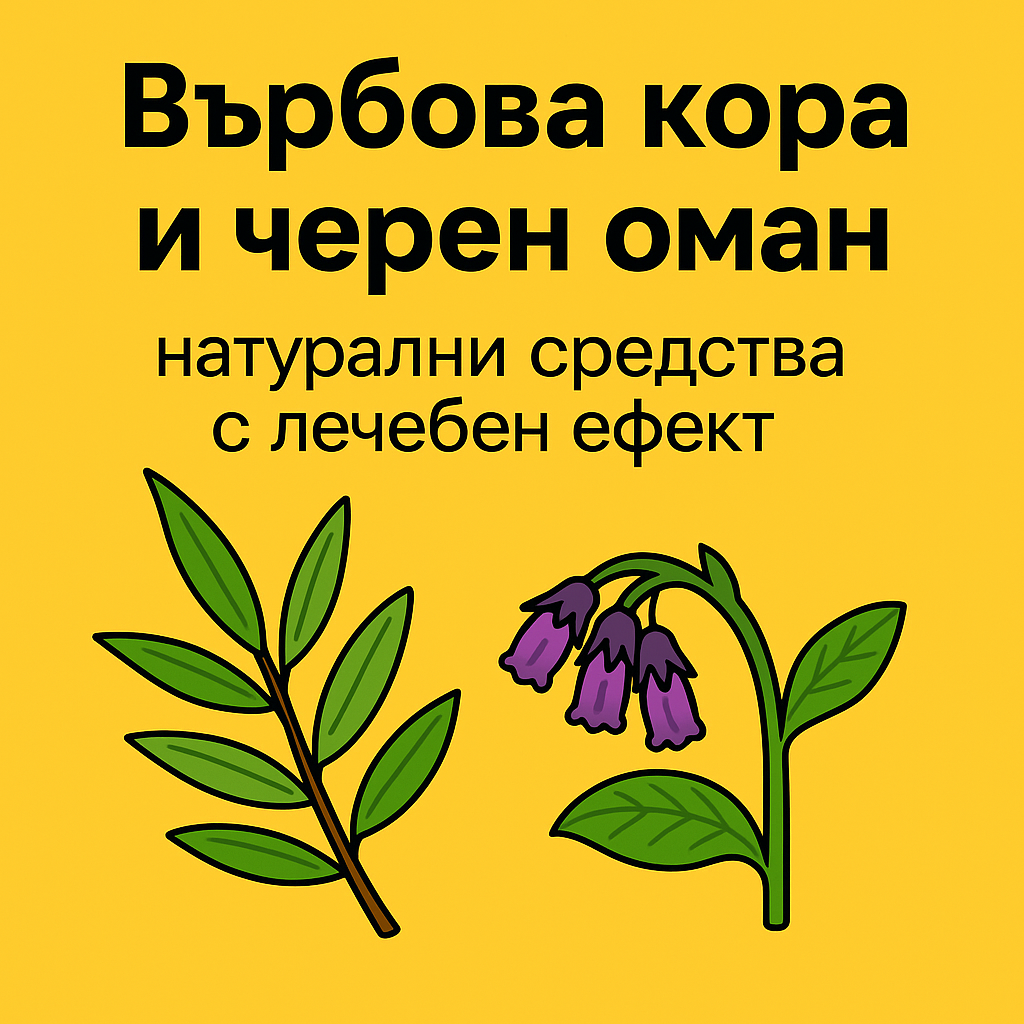Trends and new discoveries in non-traditional therapies - Carrot leaves, cheese and more...
In this article, we will explore how everyday foods have more hidden benefits than you might have suspected. So much so that they could even be considered alternative medicine.

Carrot Leaves – The Hidden Treasure
An unusual “superfood” – if it can be called that – has recently gained the attention of alternative nutrition experts: carrot leaves. These are usually discarded, without us even realizing how beneficial they actually are.
According to publications in several journals, carrot leaves contain more valuable nutrients than the carrot itself. They are rich in vitamins (especially Vitamin C, Vitamin K, and folic acid) and contain a wide range of minerals – calcium, iron, magnesium, potassium, and more.

Carrot Leaves in Traditional Medicine
In folk medicine, carrot leaf tea has been used for urinary tract and kidney infections, while fresh crushed leaves were applied to wounds and insect bites.
Carrot Leaves in Modern Nutrition
Some modern dietitians add that these leaves have antioxidant properties and can be:
🥗 Added to salads
🍵 Dried and used for tea
🥤 Blended into smoothies
Although not an officially recognized medicine, including such a formerly "waste" product in our diet reflects the trend towards sustainable eating and the utilization of natural resources for better health.
Cheese – An Unexpected Ally Against Sleep Apnea
A rather unconventional approach was suggested in a new scientific study published in the Journal of Sleep Medicine. Scientists discovered a surprising way to reduce the risk of sleep apnea – by consuming regular cheese.

What is Sleep Apnea?
Sleep apnea is a condition in which breathing stops temporarily during sleep, with these interruptions occurring multiple times throughout the night.
This condition is often linked to obesity, high blood pressure, and other metabolic disorders.
The Role of Cheese in Sleep Apnea Prevention
In this study, certain nutrients in cheese (e.g., specific amino acids and calcium) were found to positively impact these risk factors.
🔹 While cheese is often considered unhealthy due to its high calorie and fat content, moderate consumption has shown surprising benefits.
⚖️ Balance is Key: The authors of the study emphasize that even beneficial foods should be consumed in moderation. As the saying goes:
📢 “The difference between medicine and poison is in the dose.”
Why This Study Matters
The results of this and similar studies highlight how non-traditional solutions – in this case, dietary adjustments – can complement conventional treatments for certain conditions.
The takeaway? A varied diet with controlled portions of specific foods may have unexpected benefits, as well as others that scientists are still studying.

Final Thoughts
In the paragraphs above, we revealed how certain everyday foods have unexpected benefits that can support existing medical treatments or help maintain good health, even in those who are already healthy.
If you want to learn more about alternative medicine, check out similar articles in this section and subscribe to read the latest discoveries before anyone else!
Sources:
Goneim, & A., Gehan & Ibrahim, & Y., Faten & Elshehawy, Shady & Sh.M,. (2011). Carrot leaves: antioxidative and nutritive values.. J. of Food & Dairy Sciences, Mansoura Univ.. 2. 10.21608/jfds.2011.81946.
Kim, J.S., Lim, J.H. & Cho, S.K. Effect of antioxidant and anti-inflammatory on bioactive components of carrot (Daucus carota L.) leaves from Jeju Island. Appl Biol Chem 66, 34 (2023). https://doi.org/10.1186/s13765-023-00786-2
Yang Y, Wang X, Yang W. A mendelian randomization study investigating the association between sleep apnea risk and cheese consumption through biomarker analysis. Sleep Med. 2024 Dec;124:737-744. doi: 10.1016/j.sleep.2024.10.029. Epub 2024 Oct 28. PMID: 39551000.
Yingying-Li, Wu L, Wenbo-Chen. Causal Mediation Analysis of the Effect of Dietary Habits on Sleep Apnea Risk. Comb Chem High Throughput Screen. 2025 Feb 6. doi: 10.2174/0113862073348527250124113458. Epub ahead of print. PMID: 39936441.





Comments